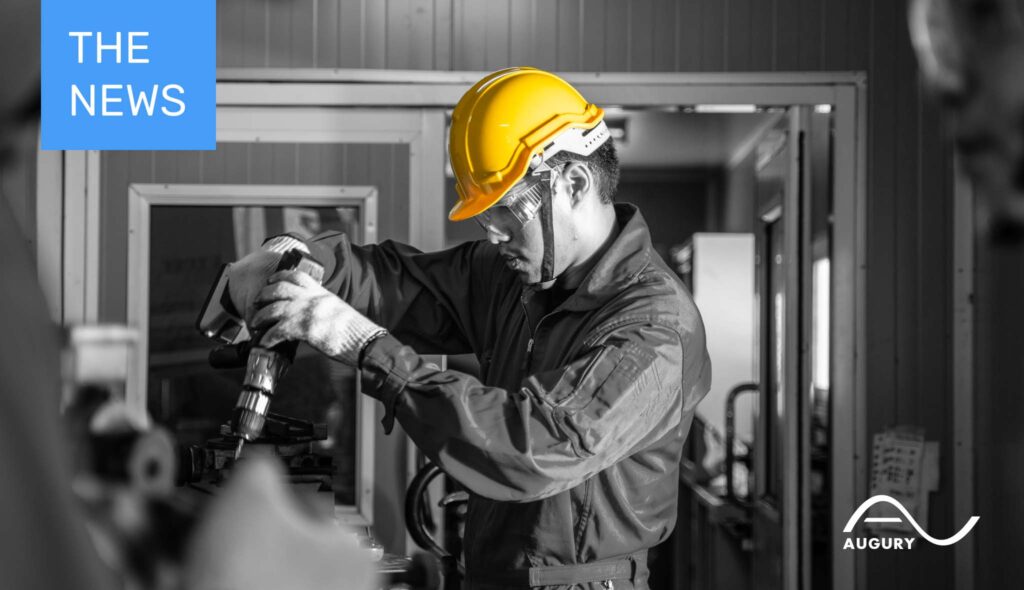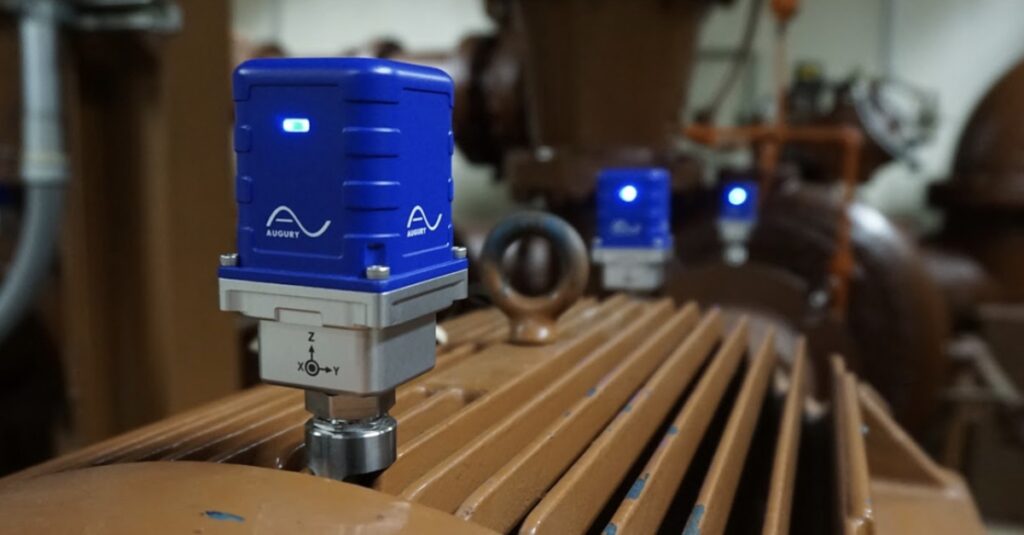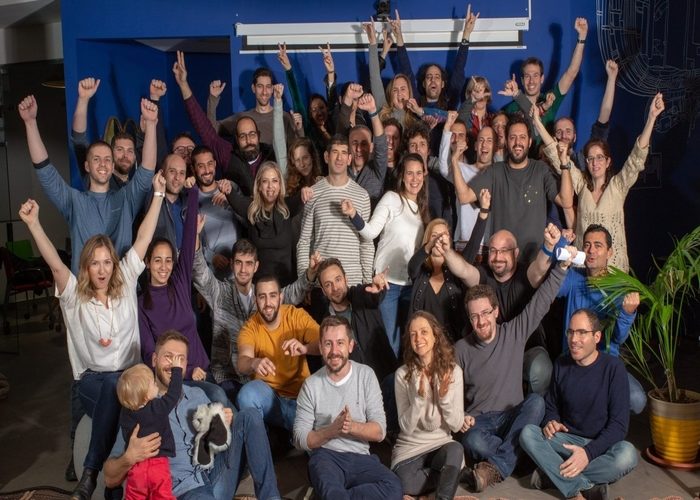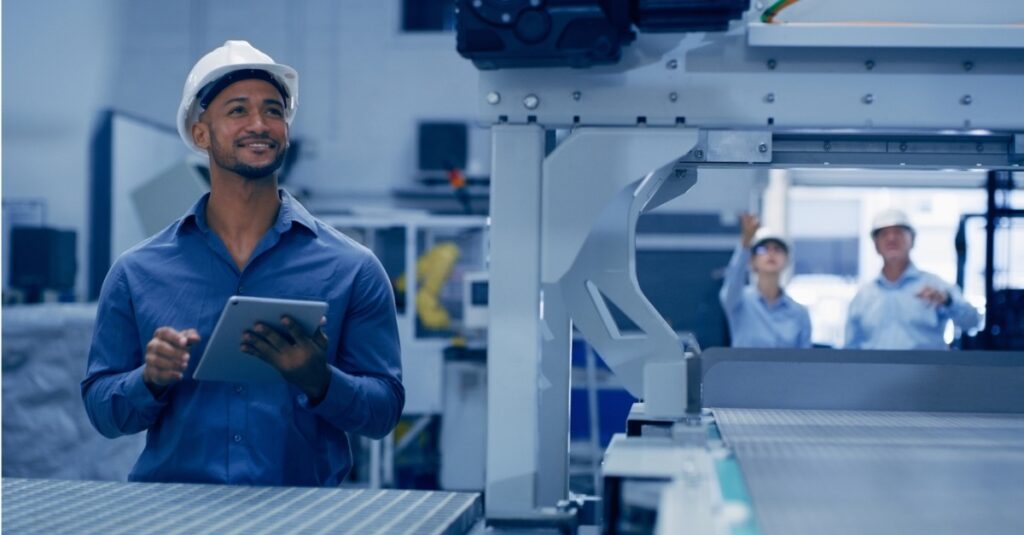
Manufacturing – The News: Is AI The Future (Of Dealing With Plastics)?
This year’s World Earth Day focuses on solving our problems with plastics. There’s a lot of work to be done. Can AI help? Please read all about it in our regular round-up of manufacturing-related news.







